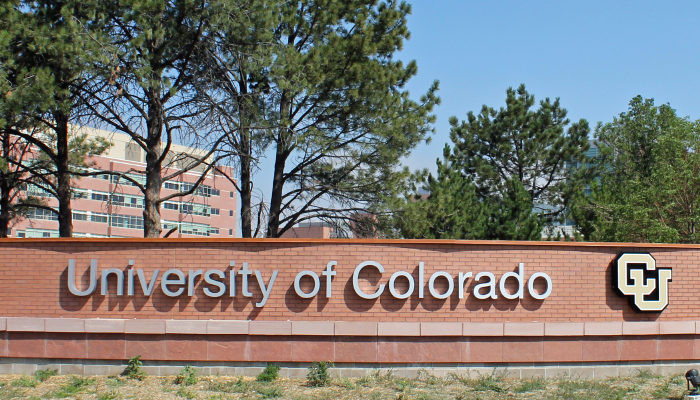
Jeffrey Beall, CC BY-SA 3.0 https://creativecommons.org/licenses/by-sa/3.0, via Wikimedia Commons
The University of Colorado Anschutz Medical Campus has been awarded up to $46 million by the Advanced Research Projects Agency for Health (ARPA-H) to support the Total Human Eye-Allotransplantation Innovation Advancement (THEIA) project, led by surgeon-scientist Kia Washington and transplant immunologist Christene A. Huang, both from the University of Colorado School of Medicine.
The ambitious project aims to achieve what has never been done before: restoring vision through a complete human eye transplant. Washington, who will lead the scientific and surgical teams, highlights the complexity of reattaching the optic nerve for such a procedure, comparing the reattachment to “fixing a broken electrical connection so that signals from the eye can be transmitted to the brain”. Meanwhile, Huang’s team will focus on how the immune system reacts to the newly transplanted eye, working on ways to prevent transplant rejection by controlling inflammation and modulating the immune system.
The team will begin with animal models to help refine techniques related to optic nerve regeneration, immunosuppression, and post-operative care, before advancing to human trials. The initiative will leverage collaboration with leading institutions: Johns Hopkins University will use dendrimers to deliver genetic instructions to the retina and optic nerve, while the University of Wisconsin, Indiana University, and the National Eye Institute will concentrate on creating a bioengineered “nerve bridge” to link the donor’s optic nerve to the recipient’s. The University of Southern California will work on using electrical currents to aid nerve cell integration, and Cedars-Sinai Medical Center will establish protocols for donor evaluation.
Washington believes the techniques and advancements that are developed by her team could offer up new solutions for disorders that impact the central nervous system. “For example, treating conditions like spinal cord injuries or brain damage,” she said in a recent press release. “This could also be used in progressive brain disorders like Alzheimer’s and Parkinson’s disease.”
The project’s collaborative nature and innovative approach have been lauded as a transformative milestone for the team. “This funding… accelerates our mission to revolutionize vision restoration and underscores our collective commitment to pioneering advances in regenerative medicine,” said Laura Buccini, assistant vice chancellor for research at CU Anschutz. “By leveraging the combined expertise of our collaborators, we are poised to make significant strides, bringing new hope to those affected by vision loss.”
